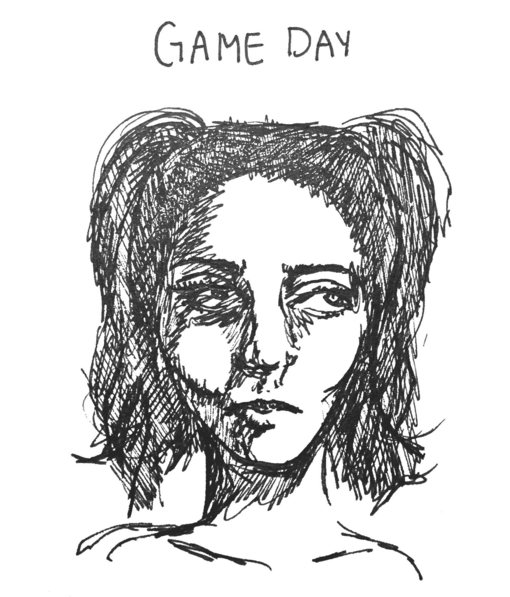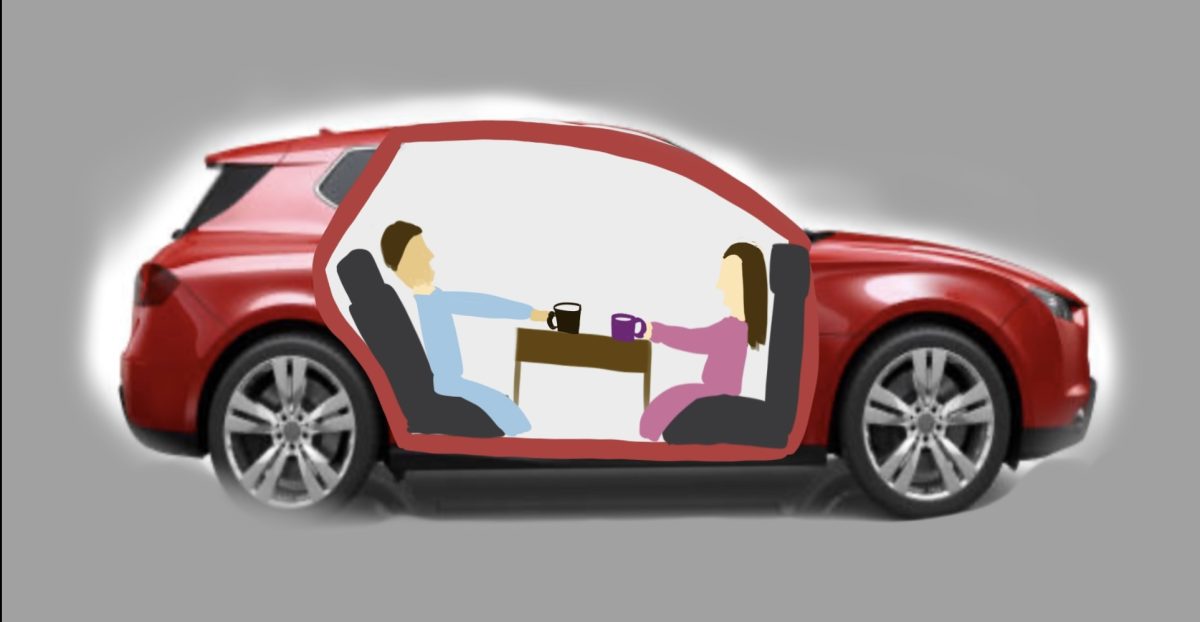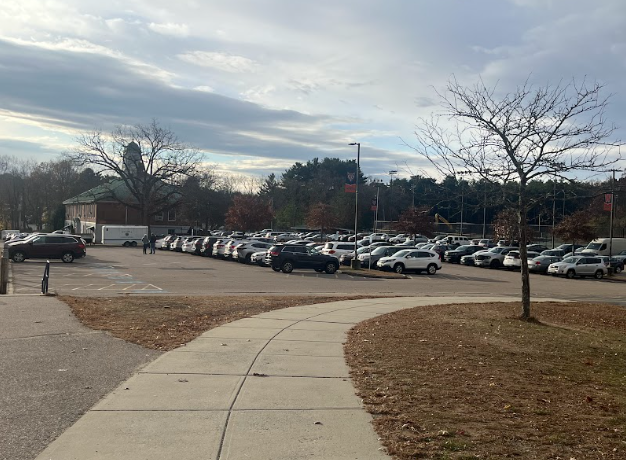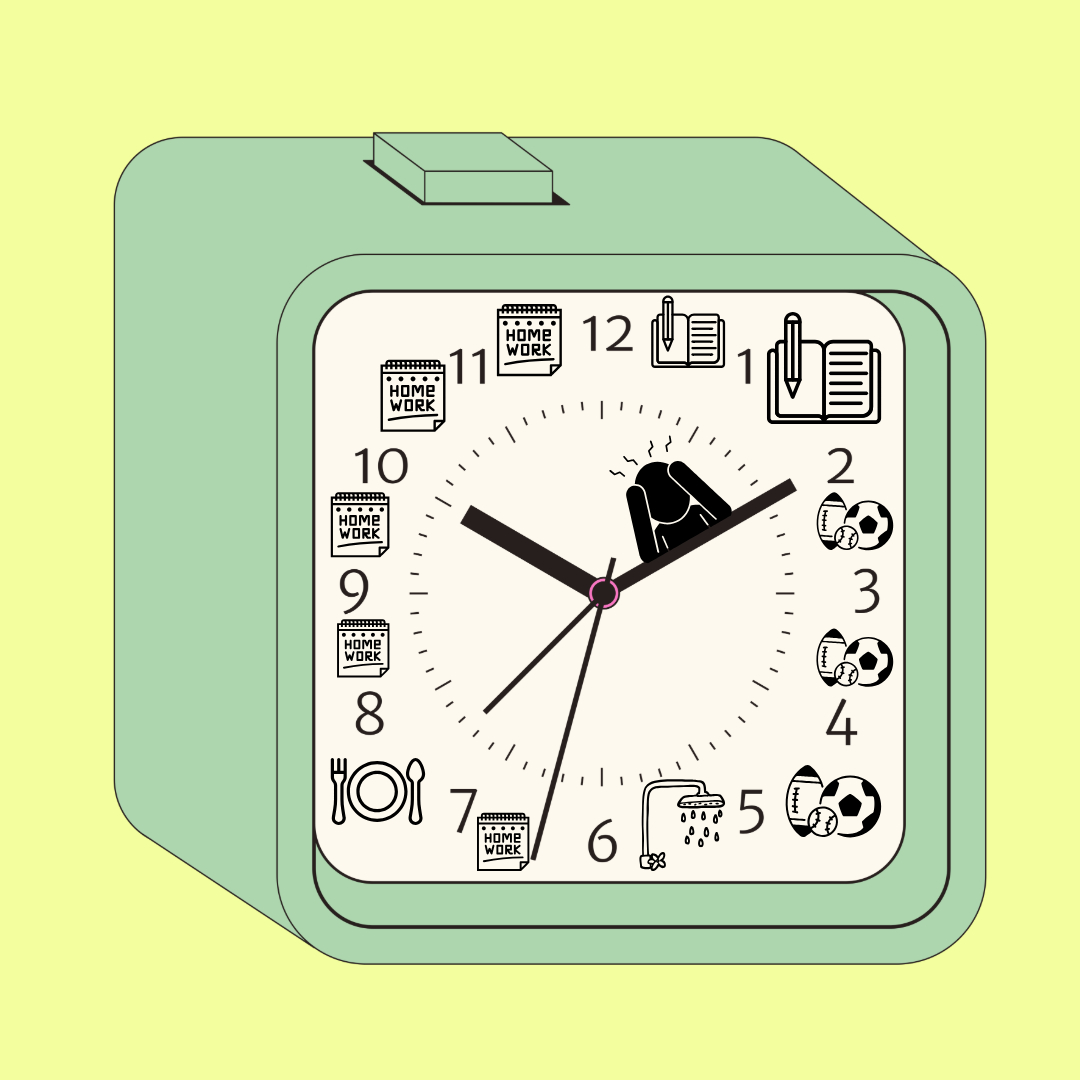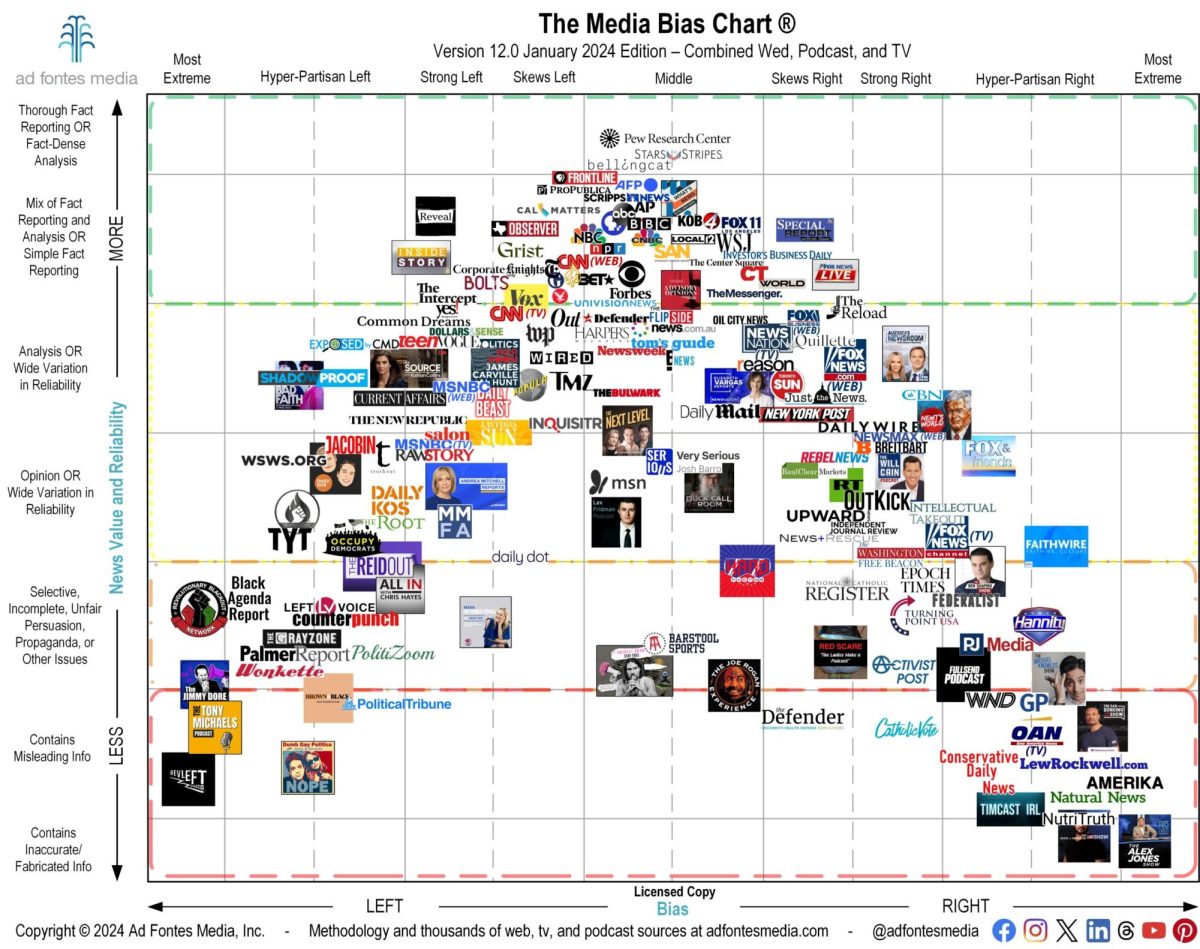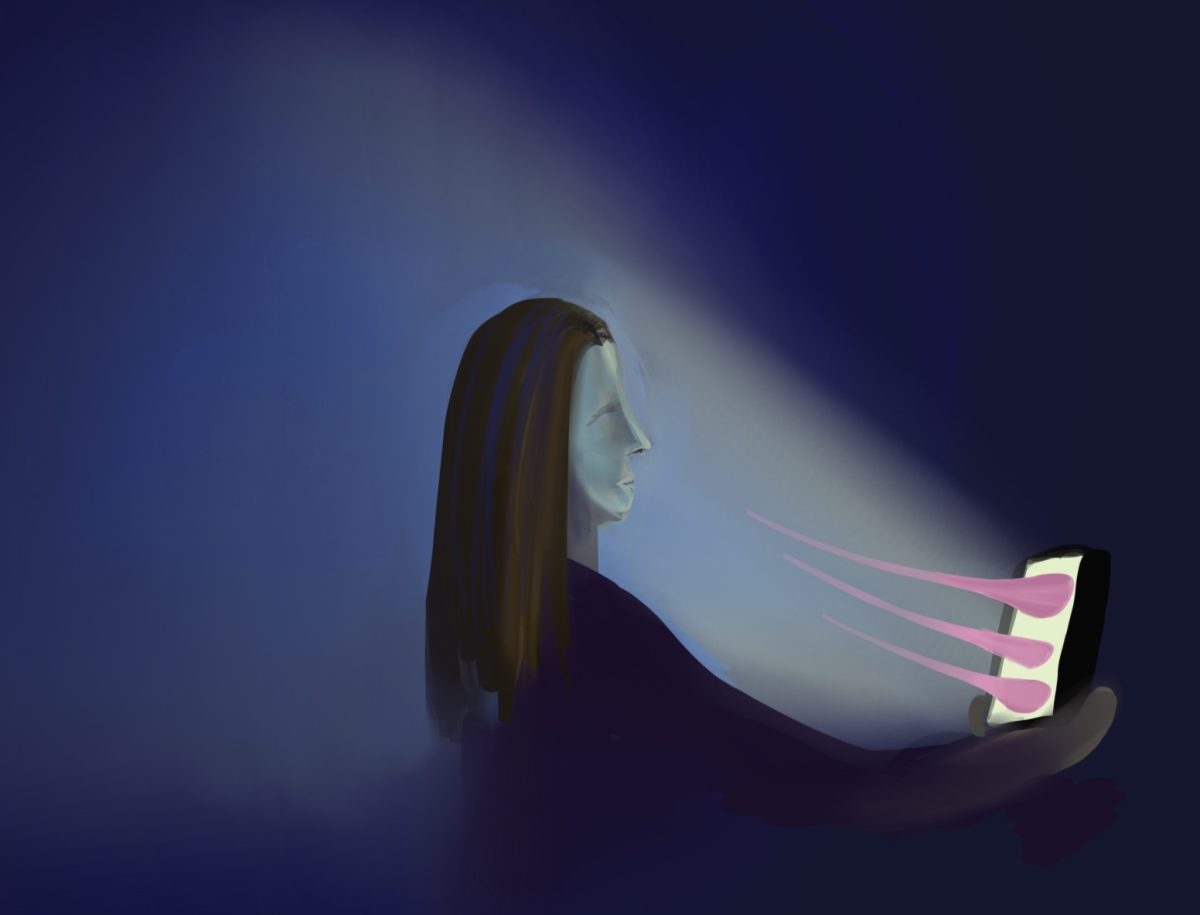Senior night is a special celebration to commemorate the seniors on the last home game of their season. Underclassmen make posters for seniors and buy them gifts, and seniors give flowers to their parents. However, the special night is corrupted by the events during the day that consist of forcing underclassmen to dress up in embarrassing outfits for no apparent reason.
Dressing up in diapers, wearing bright blue eyeshadow, wearing messy pigtails—all of these things are some recent examples that underclassmen on varsity teams have practically been coerced to walk around in school with for the entirety of their school day. Since students are provided with the opportunity to choose whether or not they participate in dressing up for senior night, many argue these team actions do not qualify as hazing. However, while they may be right, teammates should not be encouraging one another to dress up in embarrassing apparel in the first place. Dressing up for senior night promotes a platform where hazing could potentially occur, so it would be wise for coaches, teammates, and parents of athletes to monitor teams’ behaviors.
The term hazing, according to the Walpole High School Student Parent Handbook, means “any conduct or method of initiation into any student organization, whether on public or private property, which willfully or recklessly endangers the physical or mental health of any student or other person” or “subjects such student or other person to extreme mental stress.”
Students do not undergo extreme stress, and dressing up does not determine whether or not they are on the team. So, technically it is not hazing. However, not dressing up can make students feel as though they have wronged their team, and dressing up can make athletes feel self-conscious. Although the hazing accusation may be invalid, the peer pressure is still there.
The Commonwealth of Massachusetts Anti-hazing Law requires that sections 17-19, which defines what is considered hazing and punishments for not reporting hazing, are issued to student groups, teams and organizations. So if students are exposed to what qualifies hazing, then why do they continue this tradition? Dressing up is entertaining until people feel excluded.
Although it is a special night where seniors are supposed to be recognized, wearing uniforms is a much better alternative, as uniforms show appropriate team spirit and publicize the upcoming game. For those few students who are reluctant to participate in dressing up for senior night and would rather continue wearing uniforms like any other day, eliminating this practice will make all the difference.
There have been senior night instances that are close to violating this policy, and they should have been addressed. The past is in the past, and Walpole High School needs to focus on the future. Wearing uniforms to school shows spirit in one’s team and is a positive way to get excited before a big game, but publicly humiliating your own teammates for no reason is crossing the line. Seniors, although the oldest, should at least participate in dressing up, since they are a part of the team too.
Despite the fact that the day may not cause “extreme mental stress,” it causes some people to feel like outsiders if they do not take part in dressing up, and they are often reluctant to face the repercussions from their team for not participating. Several athletes have opted to not participate, and more athletes probably feel uncomfortable in dressing up as well, but fear that they will be criticized by their teammates if they say no.
It is great for Walpole sports to have team spirit, but embarrassing each other takes this idea too far. Even if everyone is on-board, some things that the seniors make their underclassmen wear and do are borderline hazing. As long as dressing up for senior night is not too uncomfortable for the underclassmen, then it has the right to continue. However, at this rate, it would not be surprising if the situation turns into hazing, and therefore, more monitoring is needed for senior nights.


